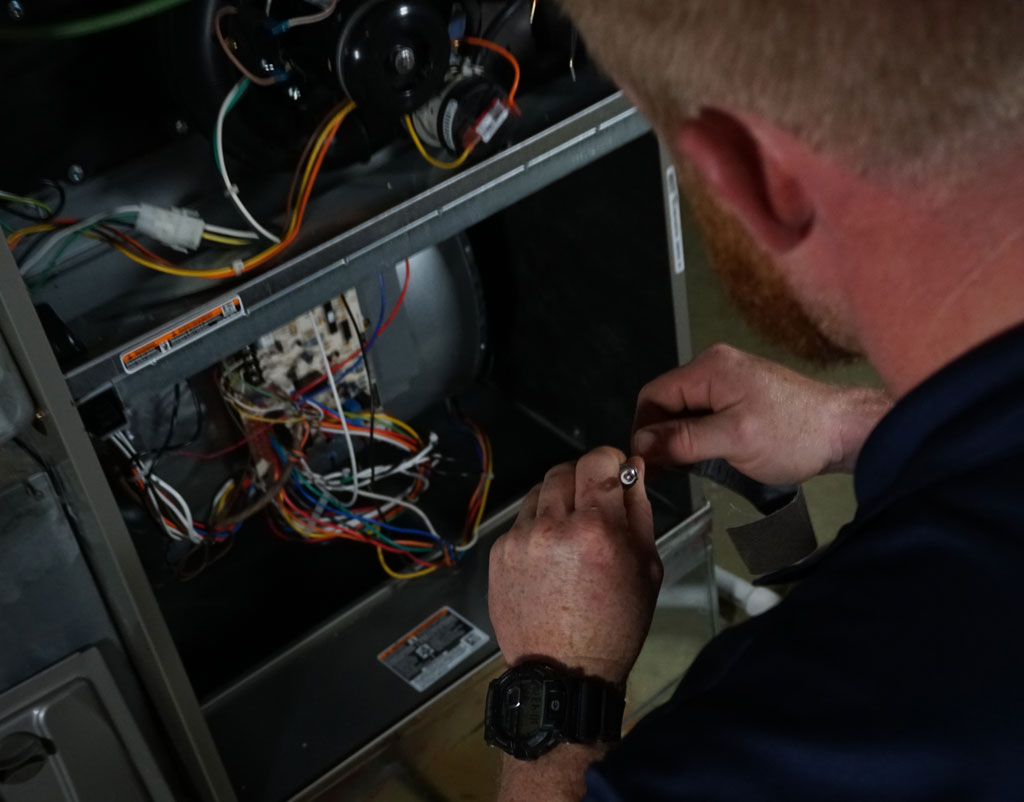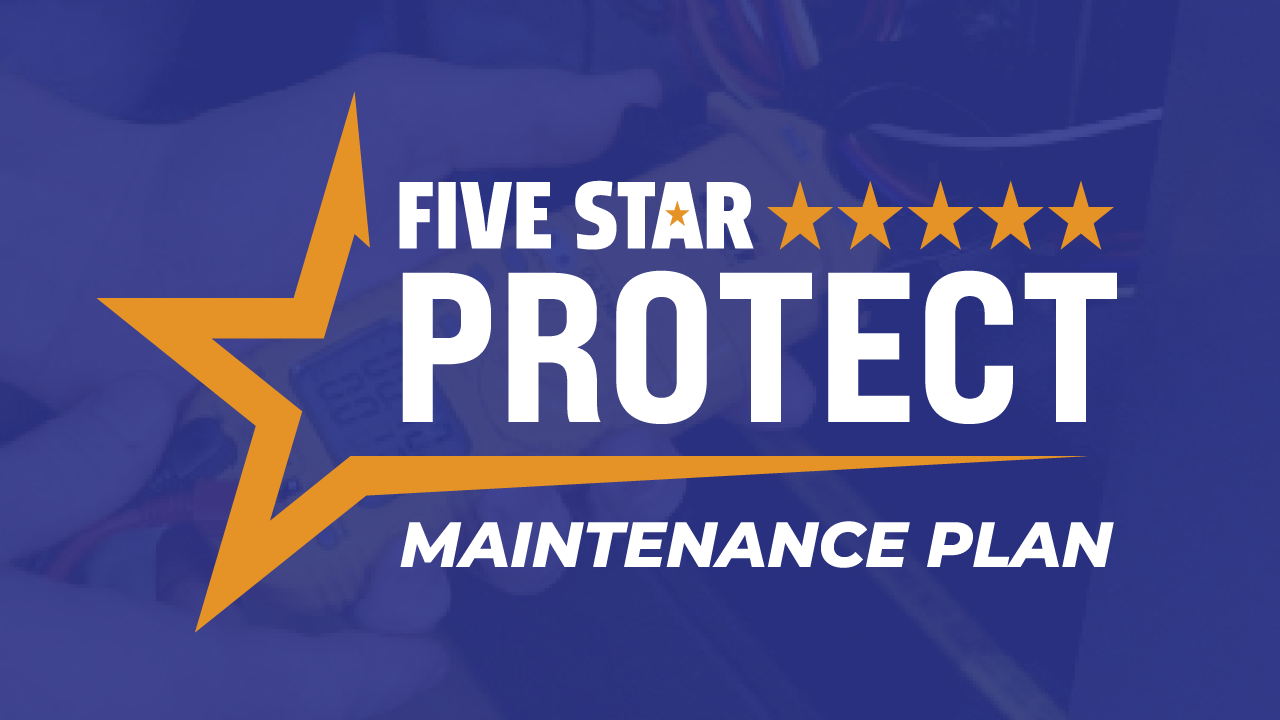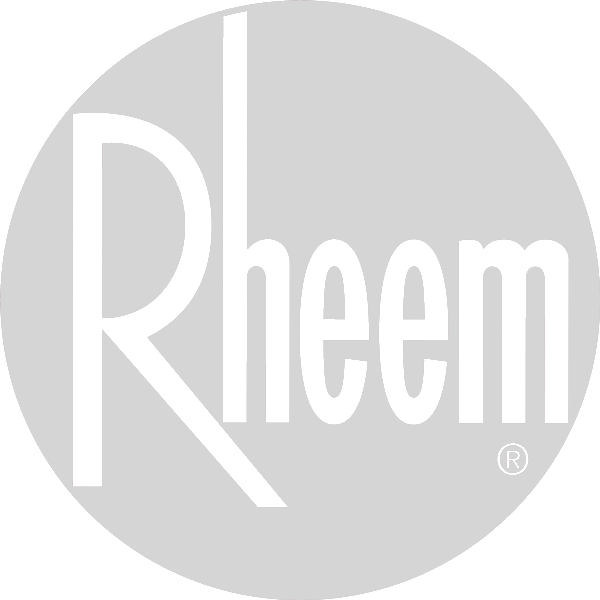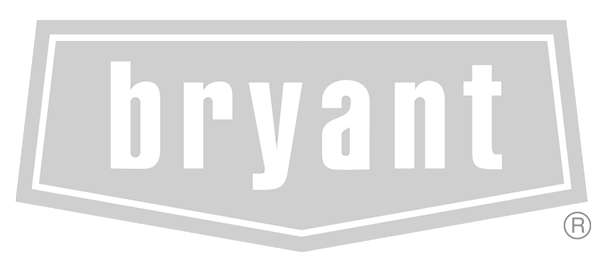Residential Furnace & Heating System Maintenance Services in Bexley, OH
Homeowners looking to make their furnace last longer while performing more efficiently and safely should consider seasonal maintenance. Furnace maintenance is essential every year during the fall or early winter. Not only will it help you prevent furnace failure during the coldest time of the year, it will also save you money on heating costs while prolonging your equipment lifespan.
At Bexley Heating & Cooling, we offer Furnace Safety Checks. Overall, it’s a great investment to make sure your home heating system is ready for winter. Overall, maintenance helps increase your home heating output, minimize energy bills and maximize efficiency in addition to decreasing the likelihood of a furnace breakdown during the winter. We service all brands of equipment!

Deceases Heating Costs
Our furnaces work hard around the clock throughout the winter to provide heat for our home. Usually, the wear and tear from the strain of operating day and night faithfully, along with the dust and dirt building up in and around HVAC equipment, takes its toll. Wear and tear comprise a furnace’s heating efficiency as it requires more power than before to keep it going. When a homeowner consistently maintains heating equipment, they avoid this expensive spike in residential heating costs. A system that’s taken care of is a system that’s loved. A cared-for system runs at its best, as it should, and shares that love right back in relief in its bills.
Avoid Furnace Breakdowns
There’s nothing like losing heat or experiencing a furnace breakdown during the dead of winter. Unfortunately, Ohio winters are known for being cold. Meanwhile, an estimated 85% of the repairs performed on furnace breakdowns can be linked to a general lack of maintenance. This is why maintenance is done every year during the fall, or early winter will prevent the vast majority of the furnace repairs a homeowner will otherwise have to deal with.
Prolong Equipment Lifespan
Home heating systems are expensive to replace. We all want to make our furnaces last as long as possible. The best way to do this, and guarantee they’re optimally running and useful for as long as possible is by utilizing seasonal maintenance. Without regular maintenance, furnaces last almost as half as long as they should, according to experts and manufacturers. This is something else to keep in mind: Installing a brand new system sooner than is necessary is going to be far more expensive than any maintenance visit you will ever have to make.
Keeping the Warranty Active
Whenever we install a new unit, we provide our customer with a warranty from the furnace’s manufacturers, which requires maintenance every year by a NATE-certified heating technician to remain valid. If the homeowner fails to do this (even if they forget once), the warranty isn’t any good. If this happens and something goes wrong, the customer is stuck paying for the repairs on their own money. We say play it smart: Standard maintenance keeps the home heating system protected from potential manufacturing flaws.
If you’re experiencing issues with your heating system in Bexley, OH, don’t hesitate to call. We’re ready to help!
DIY Furnace Maintenance Tips: How to Change an Air Filter
Replacing the air filter in a residential furnace is something every homeowner should know how to do. If the filter is dirty, this is probably the easiest and fastest way to maximize the furnace’s efficiency. From start to finish, the whole process might take five to ten minutes at the most. You start by finding exactly what size air filter you need for your replacement filter. Basically, you’ll be substituting the old air filter with a new replacement furnace filter. After you have the replacement filter, all you need to do is go through these straightforward steps. Need assistance? Fill out our scheduling form or call today!
–
- Turn off your furnace
- Find and locate your furnace filter
- Determine the size of your air filter
- Remove the old filter
- Insert the new filter
- Return furnace to “on” position
Common Furnace Maintenance Questions & Answers
How can I avoid furnace repairs?
A homeowner’s best defense against future furnace repairs is seasonal maintenance. By properly maintaining your heating system, a heating technician can catch performance issues and allow you to address them before they cause breakdowns or system damage. This helps you to reduce wear and tear that causes system failures. During preventative maintenance appointments, one of our furnace technicians’ tasks effectively protects against breakdowns while improving energy efficiency and home comfort.
How can I keep my system running smoothly?
In addition to preventative maintenance tune-ups, keeping on schedule with furnace filter changes also helps reduce the likelihood of furnace breakdowns and ensures proper airflow. A clean filter enables air to move through the system, helping the furnace operate more efficiently properly. Conversely, when the filter is dirty, your furnace must work harder to move air, adding stress and increasing the likelihood of a surprise furnace repair.
How much does a new furnace cost?
If not properly maintained, homeowners end up having to replace their furnaces sooner than necessary. A new home heating system can cost anywhere from $1,500 to $7,200 or more, depending on the model you choose and the size of your house. The average cost of installing a mid-efficiency furnace is $1,500 to $2,500. Mid-efficiency furnaces have an annual fuel utilization efficiency (AFUE) rating of 80 to 89 percent.

HVAC Financing
Buy Today, Pay Over Time With HVAC Financing
Purchasing a new furnace or air conditioning system is a major decision. Because HVAC equipment is built to last a long time and provide you comfort throughout your home around the clock, they can seem expensive. But, ultimately, you get what you pay for. And if you’re looking to buy a new heating system, A/C, or heat pump and you need to make payments, no worries. We offer user-friendly, straightforward HVAC financing options to finance your new HVAC system.













